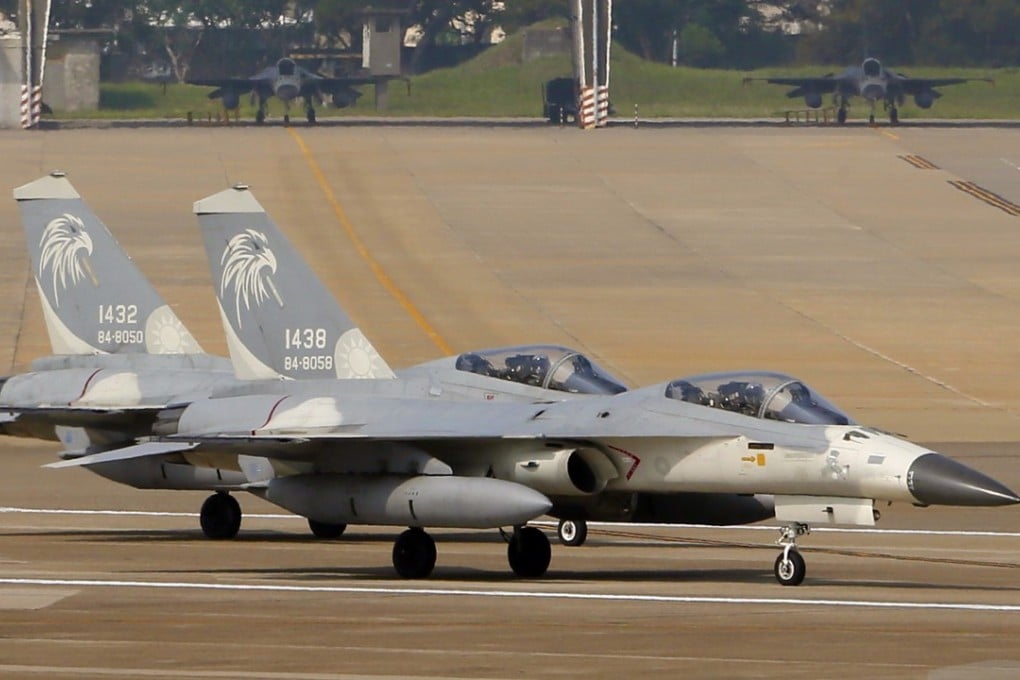US$330 million arms sale to Taiwan will go ahead, says US Congress
- The sale, mainly of aircraft parts, will be the second military deal for Taipei in less than 18 months under the Trump administration

A planned US$330 million arms sale to Taiwan has won de facto Congressional approval, clearing the way for the US State State Department to complete the agreement – and potentially upsetting Beijing.
The sale passed through a 30-day review process that expired at midnight on Wednesday night without triggering any Congressional disapproval. The Senate Foreign Relations Committee and House Foreign Affairs Committee had joint authority to halt the sale.
The deal marks the second US arms sale to Taiwan in less than 18 months under US President Donald Trump. The administration approved an initial US$1.4 billion deal in June 2017, in a show of support and deepening defence ties between Washington and Taipei.
The new sale covers spare parts for “F-16, C-130, Indigenous Defense Fighter (IDF), all other aircraft systems and subsystems, an other related elements of logistics and program support”, according to the Pentagon’s Defence Security Cooperation Agency.
The approval came days after two US warships sailed through the Taiwan Strait and also ahead of a US-Taiwan defence industry conference. Scheduled to begin on Monday in Annapolis, Maryland, the conference is expected to include Taiwan’s deputy defence minister Chang Guan-chung as well as US government representatives.